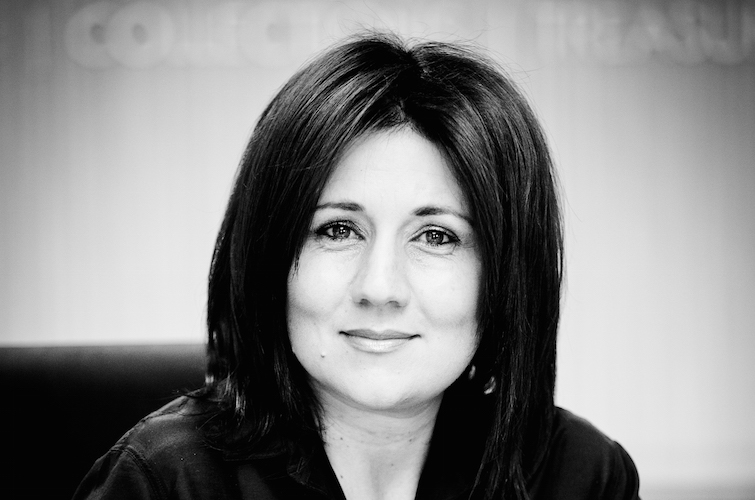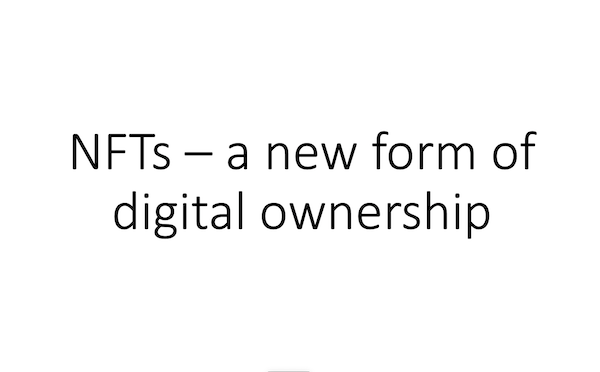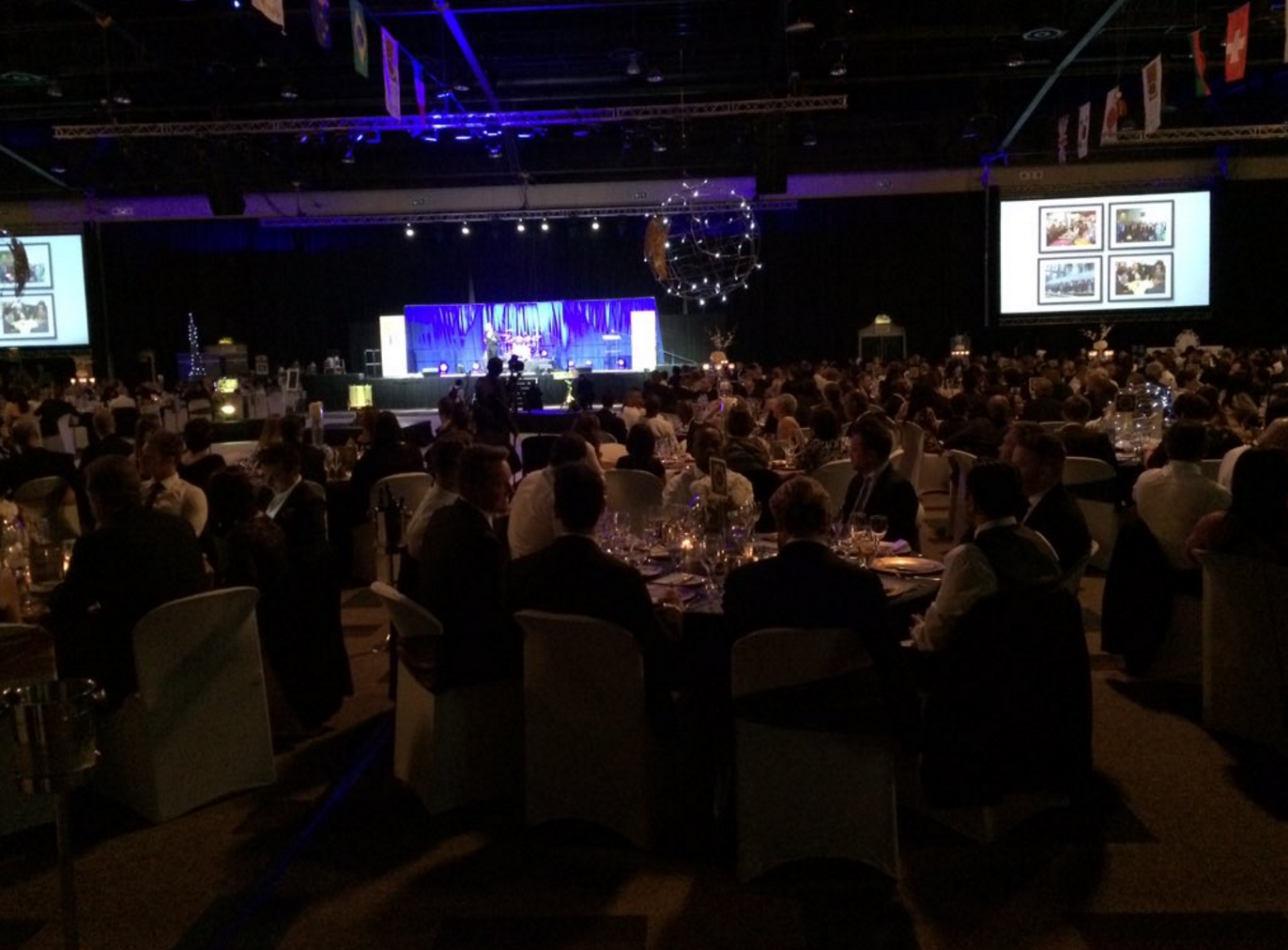
‘I want to be known as a great CEO, not a great female CEO’ – Lizelle van der Merwe
“Why do you work when you could just stay at home and look after the kids?” said no one ever to any working father.
“Won’t you make me a cup of coffee please, dear?” said no woman ever to a man before the start of a business meeting.
Yet if the gender roles were reversed, would the situation be so difficult to imagine?
The issue of gender in the workplace is always thorny and delicate. There’s one school of thought that says women should fight for the top jobs, and that companies should aggressively pursue quotas to ensure they have equal numbers of women and men in management and leadership roles – right up to board level. Smash through the glass ceiling. Occupy the corner offices. Be relevant.
And then there are the slightly more nuanced voices that say, “Why can’t we use our influence to change the way the world understands success? Why not celebrate women’s achievements based on their own merits, rather than benchmarking them against outdated norms?”
One such nuanced voice belongs to Lizelle van der Merwe, who took over as CEO of the Financial Intermediaries’ Association in November 2016. Six months into her new role and she she’s come to realise that some gender activists might be fighting for the wrong things.
“I think we do ourselves a disservice when we celebrate our success in terms of our gender,” she says. “‘She has done really well!’ is an incredible accolade. ‘She has done really well, especially considering she’s a woman!’ is, in my opinion, less complimentary.”
Lizelle believes the prevailing discourse focuses too heavily on numbers and hierarchy.
“When the issue of women in the workplace comes up, we usually hear about proportional representation and quotas, about C-suite executives and board positions,” she says. “We rarely hear about women’s talents, or our combined contribution to a company or industry’s success. I don’t think I have ever seen any data relating to the impact of female mentorship, guidance or support on operational functionality. But I could probably easily find out how many women sit on corporate boards.
“The figures we read about also don’t give an indication of choice. How many working women actually want to be CEO, compared to their male counterparts?”
The conversations, she says, need to change.
“We need to be talking about influencing and transforming the working environment, rather than being present in it,” she says. “For me it’s not about the number of women we have in certain roles, but more about the impact that we make in business and society as a whole. We have the power to effect enormous change, but we can’t do that by clinging to outdated definitions of success or the prevailing paternalistic understanding of gender roles.
“I was flabbergasted when one of the other moms at my kids’ school told me one day how sorry she was for me.
“‘Why?’ I asked.
“‘Because you have to work,’ she replied.”
Lizelle says her work-Utopia is an environment where men and women can blend their respective talents and skills to achieve success in whichever way they define it.
“For some people, success entails a dad who works all day to bring home enough money to support mom’s wishes to stay home and raise the kids full time. For others it simply means looking forward to each day and whatever it holds. We need to learn that our reality is not everyone’s reality. Women tend to be better at empathy. Men tend to be better at making rational decisions. Sometimes. But not always.
“The point is that differences should be celebrated and encouraged. Our diversity makes us stronger, and when our talents are combined, we can achieve amazing things.”
CN&CO’s Carel Nolte believes women are the backbone of society and the workplace.
“Women’s successes are often overlooked or played down,” he says. “I can only imagine how much more difficult it is for a woman to succeed in the so-called ‘man’s world’, where she often has to work way harder than her male counterparts simply to be granted entry to the game. It’s not fair, and it’s not right – but it’s also not impossible. Women have all the strength and the temerity they need to reach positions of influence in any sphere of society.”
Carel considers himself a feminist, a notion that, thanks to society’s paternalistic biases, strikes many people as odd.
“Why can’t I be a feminist?” he asks. “Is feminism some exclusive club that only women can belong to? If so, how is the movement any different to the old gentlemen’s clubs that, until very recently, were closed to women?
“And what about women’s groups and associations, some of which form part of the very insurance industry that we work in? Surely we should be discussing gender issues with each other, rather than reinforcing our own ingrained narratives with people of the same sex? And if that’s not what’s happening in these exclusive clubs, then what’s the point of having them or belonging to them at all?”
Carel and Lizelle agree it’s not as simple as that, and that there are far more dynamics in play. But ultimately they would both like to see an inclusive, transformative and equal business environment that reflects and is reflected in society as a whole.
“In time, I want to become known as a great CEO, and not a great female CEO,” says Lizelle.






